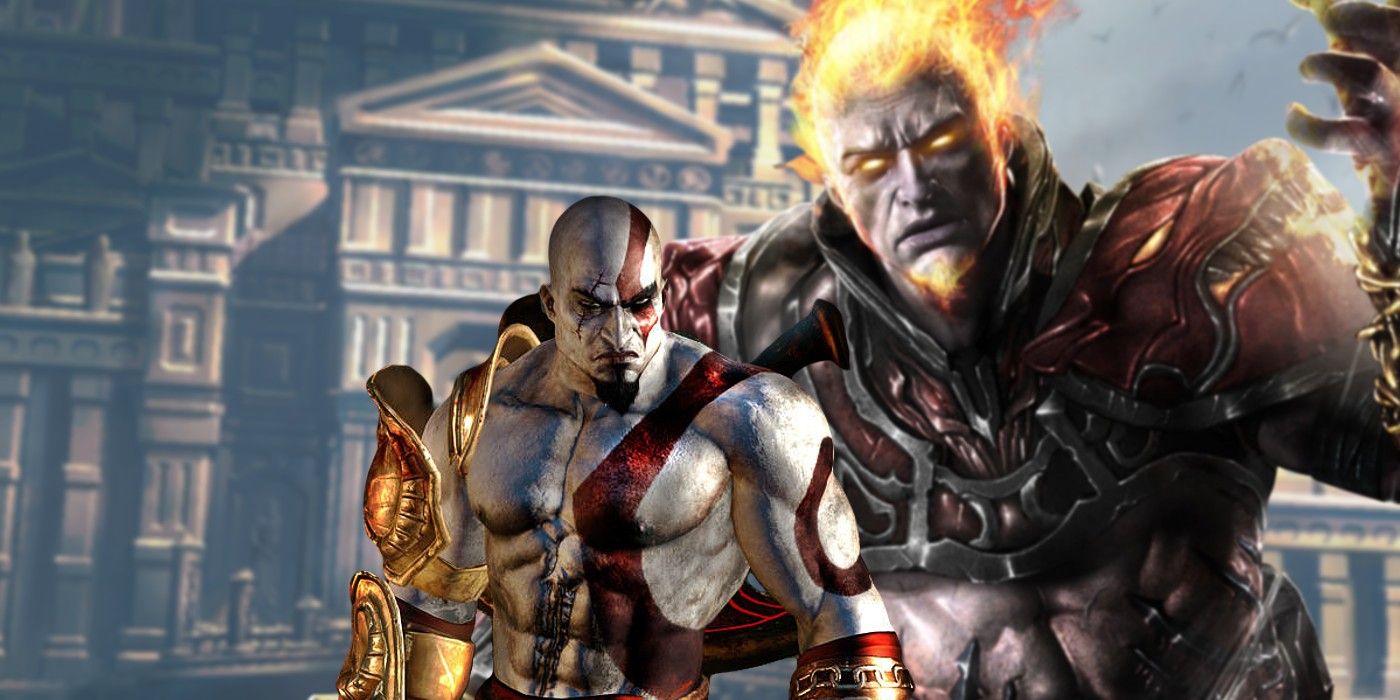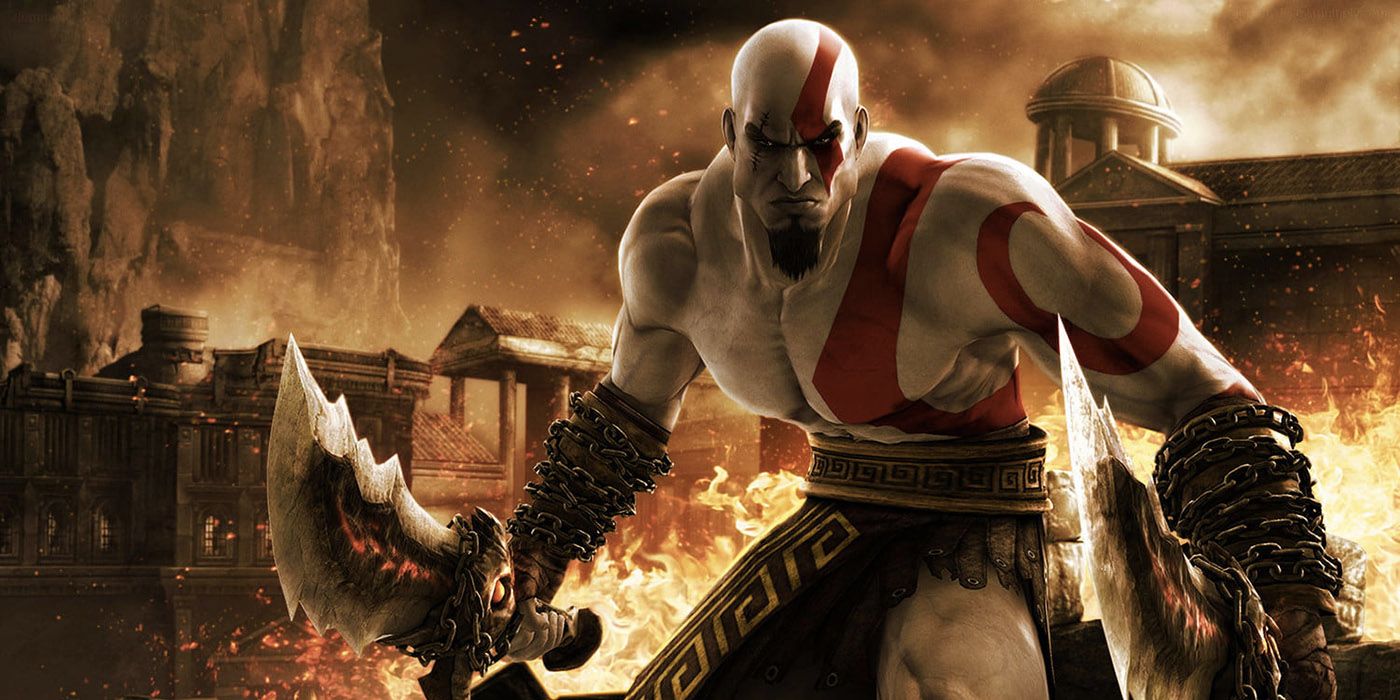Before God of War's protagonist Kratos crossed paths the gods of Norse Mythology, he made a name for himself by toppling the Greek Pantheon and destroying Olympus' most powerful rulers. However, Kratos did not kill all the gods, and there are close to a dozen Olympians that managed to survive Kratos' path of destruction.
Despite almost destroying the entirety of ancient Greek civilization as a result of his god-slaying rampage in God of War 3, Kratos actually had very little desire to kill other deities - as long as they stayed out of his way. Most of Kratos' pent-up anger was directed at his father, Zeus, and any death or destruction he caused on his way to Zeus was deemed acceptable collateral damage. As a result, there's a decent number of gods who survived Kratos' rampage.
Major Greek Gods Kratos Didn't Kill
Generally speaking, while Kratos' kills in God of War are practically innumerable, the majority of his violence toward the gods was directed at the high-ranking members of the Olympian pantheon. Zeus was Kratos' main target, given the unfortunate history between them. However, Zeus' closest relatives had a tendency to be those most invested in his survival, leading to a considerable and tragic conflict of interests in many cases.
Despite this, three major Olympian gods did survive the bloodshed in the end, mostly because they had the sense to stay out of the god-killing maniac's way. Aphrodite, the goddess of love and beauty, chose to seduce David Jaffe's furious Kratos in God of War 3 instead of opposing him. Meanwhile, the twin archer gods Apollo and Artemis simply never encountered Kratos during his war on Olympus.
Lesser Greek Gods Kratos Didn't Kill
Most of the other surviving gods in God of War are minor deities who only get mentioned in passing or appear in a more supplemental context. Like Apollo and Artemis, these mythological beings reasoned that complete avoidance was likely the best way to prevent an unfortunate death at Kratos' hands. These more sensible Olympians are: Phobos, the god of fear; Circe, goddess of magic; Amphitrite, the Queen of the Sea; Triton, the god of the waves; Nike, god of victory.
But there gods were not alone. In fact, several primordial gods, beings even older than the Olympians, are assumed to have survived the original PlayStation God of War games. The god of dreams, Morpheus, and the Titan Eos served as something of an absent villain and ally, respectively, in God of War: Chains of Olympus, but in the overall timeline of the series, this was well before Kratos took up god-killing as a hobby.
The chronological timeline of God of War can be confusing! If you are curious about the correct order of Kratos' god-killing adventures, consult the following chart:
|
1 |
God of War: Ascension |
|
2 |
God of War: Chains of Olympus |
|
3 |
God of War |
|
4 |
God of War: Ghost of Sparta |
|
5 |
God of War: Betrayal |
|
6 |
God of War 2 |
|
7 |
God of War 3 |
|
8 |
God of War: A Call from the Wilds |
|
9 |
God of War (2018) |
|
10 |
God of War Ragnarök |
Finally there is Eros, the primordial god of love prior to Aphrodite, who is mentioned briefly in God of War: Ascension. Where everyone else felt the need to intervene in the events and story of God of War, these three had the commendable good sense to simply keep out of the way and let Kratos do his thing.
All in all, there was a grand total of 11 gods that were smart enough to survive the original God of War games, which adds an extra layer of optimism to the game's bittersweet ending - and the many heartbreaking, violent events of its story. As a final, redeeming act after likely killing most of the Greek population, Kratos passes not God of War's Hate, but its Hope to mankind's survivors to help them rebuild.
See Kratos harness the power of Hope in God of War 3's ending via the YouTube video from Ranger Hauk below!
Hope in itself is a tool powerful enough to kill gods, so it becomes equally possible, at least theoretically, that the empowered humans could team up with the remaining gods and rebuild. Unfortunately, this scenario is only a possibility, and one that fans have not yet seen an answer to, as Kratos has gone on with his son Atreus to have adventures in God of War (2018) and God of War Ragnarök's lands of Nordic beauty.




